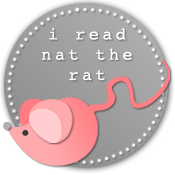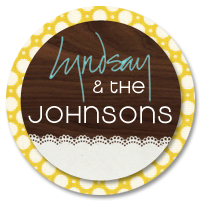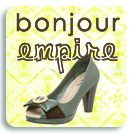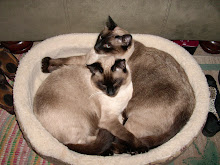The term flapper in the 1920s referred to a “new breed” of young women who wore short skirts, bobbed their hair, listened to the new jazz music, and flaunted their disdain for what was then considered acceptable behavior. Flappers were seen as brash for wearing excessive makeup, drinking, treating sex in a casual manner, smoking, driving automobiles and otherwise flouting social and sexual norms.
Flappers had their origins in the period of liberalism, social and political turbulence and increased transatlantic cultural exchange that followed the end of the First World War, as well as the export of American jazz culture to Europe.
While many feminists deplore flappers for throwing away all the progress made by the suffragettes, they made quite a bit of progress for women in other aspects. While most people know they were the first women to actually show off their legs, cut off their hair and even wear shorts, they did much more than that. In the Victorian era, it was unheard of for a woman to go to a bar, to drink or to smoke. Bars were places for men to escape their wives.
That all changed in the twenties – and not only because of prohibition. These young women also dated around, something that was unheard of in the past.
They were some of the first women to drive cars.
Flappers had their own slang, with terms like “snugglepup” (a man who frequents petting parties) and “barney-mugging” (sex). Their dialect reflected their promiscuity and drinking habits; “I have to go see a man about a dog” often meant going to buy whiskey, and a “handcuff” or “manacle” was an engagement or wedding ring. Also reflective of their preoccupations, they had many ways to express approval, such as “That’s so Jake” or “That’s the bee’s knees,” or a more popular one, “the cat’s pajamas.”
Many terms still in use in modern American English slang originated as flapper slang, such as “big cheese,” meaning an important person; “to bump off,” meaning to murder; and “baloney,” meaning nonsense. Other terms have become definitive of the Prohibition era, such as “speakeasy,” meaning a place to purchase illegal alcohol and “hooch,” which means liquor.
Thursday, July 2, 2009
Just Flappin' Away
Subscribe to:
Post Comments (Atom)






No comments:
Post a Comment